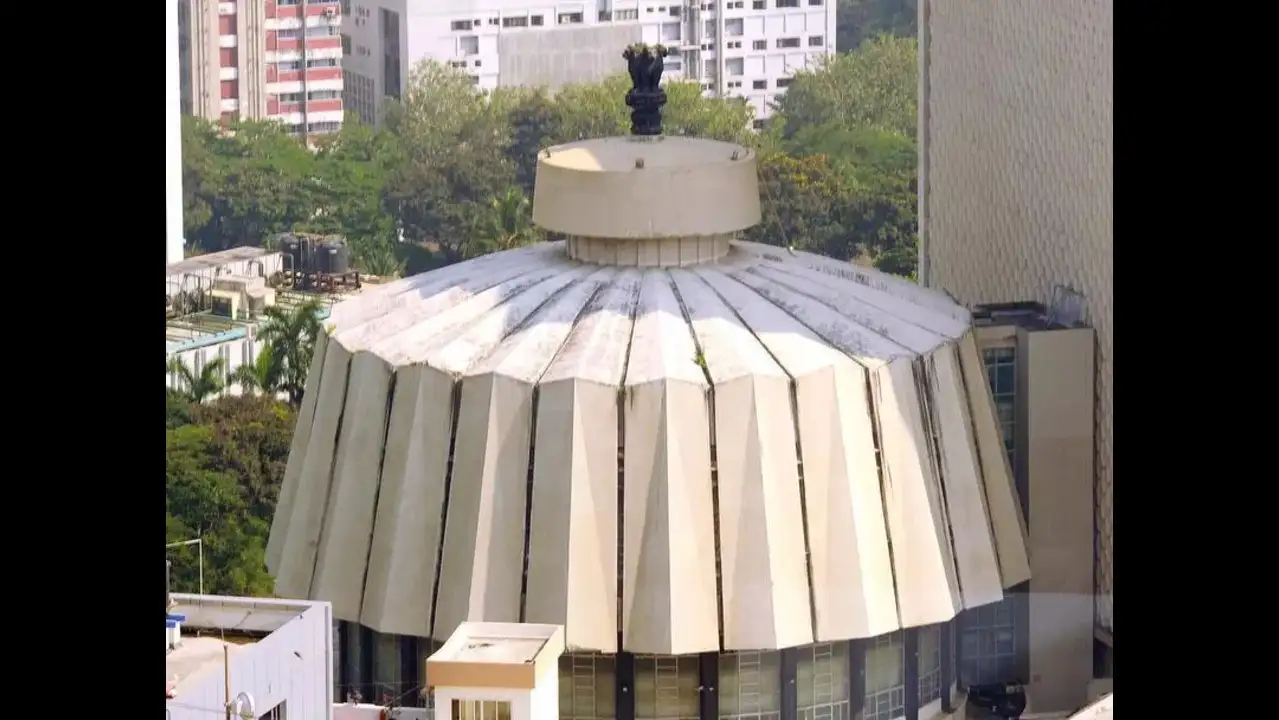Concerns over unauthorised constructions in heritage-sensitive zones of Maharashtra’s Ratnagiri district were raised in the state legislative council, prompting renewed calls for better regulatory oversight and urban planning. The discussion spotlighted the rising number of encroachments near historically and architecturally significant sites, including forts and temples, and their implications on conservation and civic order.
During the council session, members expressed concern over large-scale unauthorised developments in and around Ratnadurg Fort, particularly near a watchtower at the southern foothills built during the Maratha era. Representatives noted that a public toilet had been constructed along the access route to the heritage structure, reportedly for the use of nearby occupants living in encroached premises. Critics argued that this act symbolised institutional negligence and the gradual normalisation of unregulated urban growth in protected zones. The debate also extended to Rajapur, where a centuries-old temple—believed by some to be a Sun temple built in ancient Hindu architectural style—stands. According to members, multi-storey unauthorised constructions have emerged within the temple premises. Despite the structure’s archaeological and cultural significance, it was reported that no substantial preventive or corrective action had been taken by the municipal authorities.
In another case from Khed city, a community structure was allegedly built without obtaining permissions from the civic or home departments. Concerns were raised about the lack of adherence to planning norms and the ease with which land-use laws are overlooked in smaller urban centres. While some officials denied the existence of certain structures as claimed, others suggested the need for verifiable documentation, official surveys, and archaeological assessments to resolve disputes. The absence of an updated Development Plan for Ratnagiri further complicates the enforcement of zoning regulations and hinders planned urban growth. Urban governance experts believe that Ratnagiri, being rich in coastal ecology and heritage sites, needs a sensitive and well-informed approach to spatial development. They recommend stricter enforcement of building codes, community consultations in line with the Panchayats (Extension to Scheduled Areas) Act (PESA), and real-time monitoring of land use in vulnerable locations.
The demand for an immediate inquiry into the reported violations was raised, but no assurance of a formal probe was offered. Observers believe that inaction in such cases could undermine efforts to develop eco-sensitive and equitable urban environments, particularly in semi-urban and heritage-rich regions. As the issue continues to evolve, civil society groups have urged the administration to prioritise sustainable urban planning that protects cultural assets while ensuring compliance with construction laws.
Also Read: Thane Authorities Propose Urgent Repairs On Ghodbunder Road Using Fast Setting Concrete


